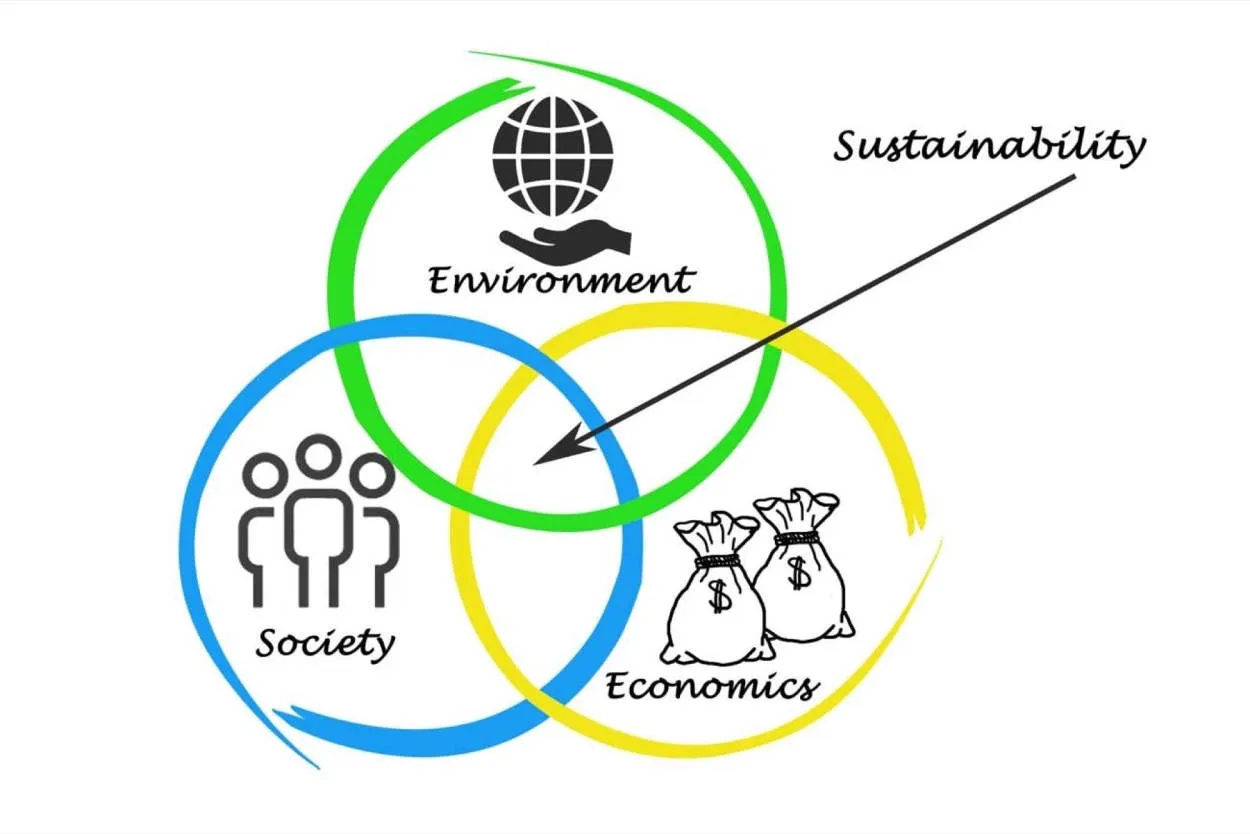Building a Sustainable Business Model is crucial for companies looking to thrive in today’s rapidly evolving market. In this article, we will explore key strategies and best practices to establish a business model that not only drives profits but also prioritizes social and environmental impact.
Understanding the Importance of Long-Term Profitability
In the business world, building a sustainable business model is paramount to long-term success. One crucial aspect of a sustainable business model is long-term profitability. It goes beyond short-term gains and focuses on creating consistent profits that can sustain the company’s operations and growth over time.
Why is long-term profitability so important? Firstly, it provides stability to the business. Consistent profits allow a company to cover its expenses, pay its employees, and invest in future growth. It creates a solid foundation for the business to thrive in a competitive market.
Secondly, long-term profitability enables a company to weather unexpected challenges and economic downturns. When a business has accumulated reserves from sustained profitability, it has the resources to navigate through tough times without jeopardizing its existence.
Another reason why long-term profitability is crucial is because it attracts investors. Investors are more likely to invest in a business that demonstrates a track record of profitability over time. Profitability indicates that the company has a viable business model and is capable of generating returns on investment.
In addition, long-term profitability allows a company to reinvest in itself, promoting further growth and innovation. It provides the necessary funds to develop new products, improve existing services, and expand into new markets, thereby staying competitive in an ever-evolving business landscape.
In conclusion, understanding the importance of long-term profitability is essential for building a sustainable business model. It provides stability, resilience, attracts investors, and fuels growth. By prioritizing long-term profitability, businesses can ensure their sustainability and long-term success.
The Role of Innovation in Creating a Sustainable Business
In today’s global business landscape, organizations are increasingly recognizing the importance of sustainability. Building a sustainable business model not only ensures long-term success but also contributes to the well-being of society and the environment. One key factor in achieving sustainability is innovation.
Innovation plays a crucial role in creating a sustainable business as it drives the development of new technologies, processes, and products that are more environmentally friendly and socially responsible. By continuously seeking innovative solutions, companies can reduce their carbon footprint, minimize waste generation, and optimize resource usage.
Moreover, innovation enables organizations to adapt to changing market demands and consumer preferences. By staying ahead of the curve and introducing innovative products and services, businesses can attract a wider customer base and remain competitive in a rapidly evolving marketplace.
Furthermore, innovation fosters collaboration and partnerships among businesses, governments, and other stakeholders. Through open innovation initiatives, organizations can share knowledge, resources, and expertise to address sustainability challenges collectively. This collaboration not only strengthens the impact of sustainable business practices but also promotes knowledge sharing and accelerates progress.
In conclusion, innovation is a vital component in creating a sustainable business model. By embracing innovation, organizations can proactively address environmental and social issues while driving economic growth. As businesses continue to confront global challenges, integrating innovation into sustainability efforts is key to ensuring a better future for generations to come.
Implementing Social and Environmental Practices for a Sustainable Future
In today’s rapidly changing world, building a sustainable business model has become imperative for companies looking to succeed in the long run. As society becomes more aware of the pressing social and environmental issues, customers are increasingly demanding companies to take responsibility for their actions. Implementing social and environmental practices is not only a moral obligation but also a strategic move that can benefit businesses in various ways.
Social Practices
One of the key aspects of implementing social practices is fostering a positive and inclusive work environment. Companies should prioritize fair treatment of employees, offering equal opportunities for growth and development. This leads to higher employee satisfaction, increased productivity, and a stronger sense of loyalty towards the company, ultimately contributing to its long-term success.
Additionally, businesses should actively engage with their communities by supporting local initiatives and giving back through corporate social responsibility programs. This creates a positive brand image and helps companies build a strong relationship with their customers.
Environmental Practices
By implementing environmentally friendly practices, businesses can contribute to a sustainable future. This involves reducing carbon emissions, conserving energy and water, as well as managing waste effectively. Implementing these practices not only helps minimize the negative impact on the environment but can also result in cost savings through increased energy efficiency and resource optimization.
Furthermore, adopting sustainable sourcing and production methods is crucial. Companies should consider using renewable materials, minimizing packaging waste, and partnering with suppliers who share their commitment to sustainability. This not only helps protect the environment but also appeals to environmentally conscious consumers, giving businesses a competitive edge.
The Benefits of Implementing Social and Environmental Practices
Implementing social and environmental practices not only contributes to a better world but also brings several benefits to businesses. It enhances a company’s reputation, increases customer loyalty, and attracts environmentally conscious consumers who are willing to support sustainable businesses. Moreover, these practices often lead to improved operational efficiency and cost savings in the long term.
Building a sustainable business model is not a one-time effort; it requires a continuous commitment to social and environmental practices. By integrating these practices into their core strategies, businesses can create a positive impact while securing their own future.
Conclusion
In conclusion, building a sustainable business model is essential for long-term success. By incorporating environmentally friendly practices, reducing waste, and prioritizing social responsibility, businesses can not only mitigate their impact on the planet but also attract eco-conscious consumers. Additionally, implementing sustainable business strategies can lead to cost savings and increased brand reputation. It is crucial for companies to embrace sustainability as a core value and drive positive change in their industries.




